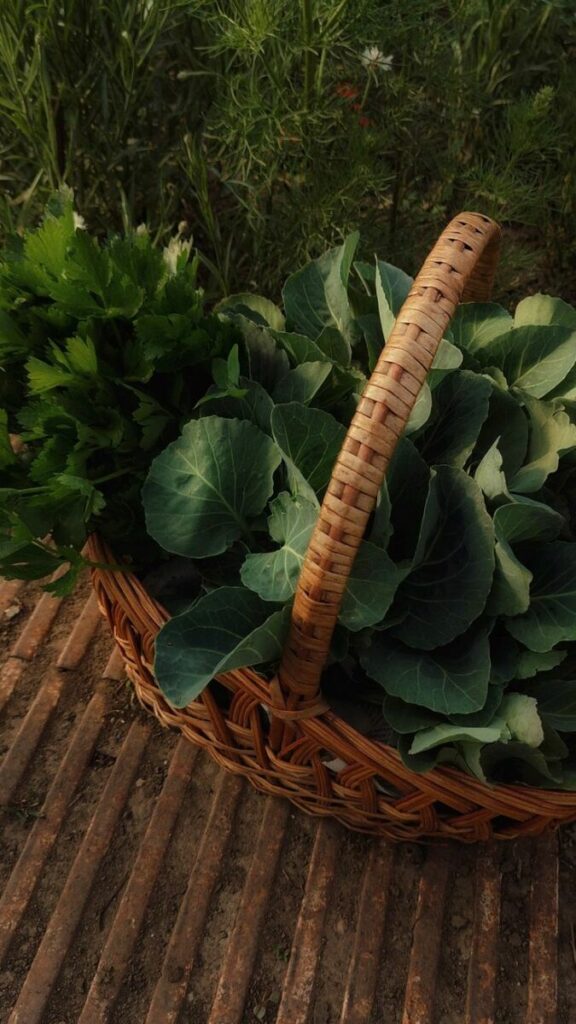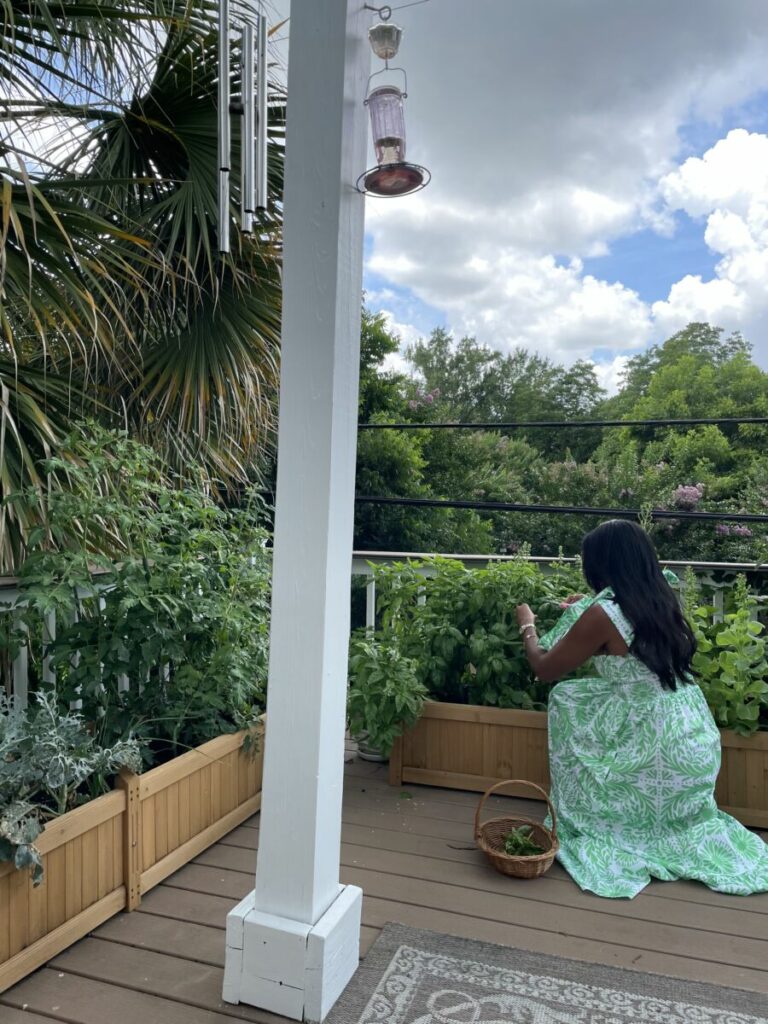When you think of Soul food, you probably picture fried chicken, collard greens, Mac & cheese, and even sweet potato casserole. Whether you’re up north in NYC, out west in LA or even down south in Charleston, SC, if you order one of these dishes, there are flavors you just expect to experience. And that’s because many of these dishes have been passed down Black families for generations. Actually– for hundreds of years!!! What a lot of people don’t always realize is that these so-called “American classics” are rooted in West African traditions. Traditions and expertise that have been preserved thanks to the descendants of the formally enslaved.
Due to the cruel, in-humane conditions of slavery, the enslaved had a hard time preserving much of the culture from their homeland. However, one aspect of home that could be saved was how food was prepared. Through word of mouth, and their daily responsibilities, they were able to pass down recipes and techniques that their families had used far before they came to America.Today, for many African Americans, these foods feel like home.
One group that can be credited with preserving much of these recipes is the Gullah community, descendants of enslaved West Africans who live along the coasts of South Carolina and Georgia. They were able to do so because they had the distinct fortune of isolation on various barrier islands, which allowed them preserved more of their culture, language, and traditions than most other African American communities in the United States. MPR’s Gullah roots run deep as her family has lived in a Gullah community for over nearly six generations.
4 Foods That Feel American but Have African Roots
Watermelon was carried across the Atlantic in the memories and hands of enslaved Africans. While today it’s seen as an iconic summer fruit, in Gullah tradition it symbolized sweetness, survival, and community. Watermelon was grown not just for nourishment, but as a reminder of abundance and resilience in the face of hardship.

Collard greens, too, have deep African roots. Greens were not only a daily staple but also a spiritual food — simmered down in pots, with the nutrient-rich broth left behind cherished as medicinal. What many Southerners consider the ultimate comfort food side dish is actually a direct continuation of African food traditions passed down for centuries.

Yams tell another story of survival and adaptation. In Africa, yams are native, so when Africans arrived in America and discovered the sweet potato, they used it as a substitute for yams. Now, sweet potato is an essential ingredient in African American cooking. Largely because they’re versatile enough to be baked, mashed, fried, or turned into a beloved sweet potato pie. Today, sweet potatoes are often considered a Southern classic, but their history reveals just how tightly African traditions are woven into the American table.

And perhaps, most importantly, Rice is the cornerstone. Charleston’s wealth was built on the knowledge enslaved Africans brought with them— knowledge of how to cultivate, flood, and harvest rice. Carolina Gold, as it was known, was the prized variety of the region and was only possible because of African expertise. For the Gullah people, rice was more than just food. It was identity, legacy, and survival. And it remains one of the clearest examples of how African traditions shaped America’s culinary story.

So the next time you sit down to a plate of collard greens, rice, sweet potatoes, or bite into watermelon on a hot day know that you aren’t just eating American food. You’re tasting history!! We’re connecting to the homeland and African resilience. Traditions have carried this food across time and the ocean, shaping what we know today as Southern and American cuisine.


